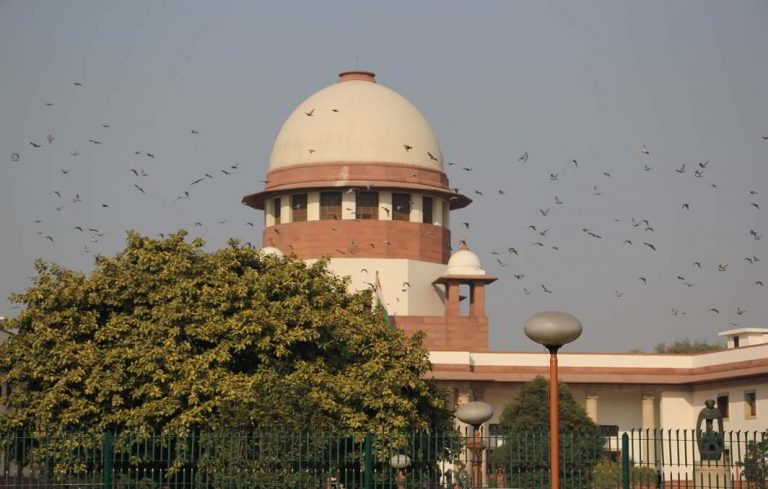
sAs hearings on the privacy as a fundamental right case concluded in the Supreme Court on Wednesday (August 2), the nine-judge constitution bench, headed by Chief Justice JS Khehar, reserved its verdict.
Arguments have raged over many hours in court with the petitioners (against Aadhaar being linked to all sorts of documents and hence opening up avenues for data and hence privacy breach) have claimed that privacy is a fundamental right. They have shown that India is a signatory to international documents where privacy has been accepted as a basic right, so why would India not give the same rights to its own citizens?
There has also been debate on the Centre’s doublespeak, calling for data protection in the WhatsApp-Facebook case. That is another case still on in the apex court. If the government wants data protection, a direct version of privacy in that case, why was its stance different in this case, when reference has been made to Aadhaar?
Government counsels, including Attorney general KK Venugopal have argued that privacy is a vague concept, hence while there might be a qualified right, it cannot be an absolute right.
At hearings on Wednesday, counsel Rakesh Dwivedi for Gujarat said: “Privacy is embedded in Art. 19(1)(a) which is to be tested u/a 19(2).”
Justice Nariman said: “The privacy aspect of Art. 19(1)(a) can’t be touched. It is an integral part of fundamental right.”
Dwivedi said: “The test is limited to fairness and reasonableness.”
The CJI said: “Reasonableness and due process are the secondary aspects. Primary concern is of privacy.”
Justice Chandrachud said: “Today, India is a powerhouse in the world. We are in demand globally. Moreover, we are a knowledge-based economy. Knowledge is based on information. Information is also well connected with innovations.”
Dwivedi said: “If information is causing no harm and not prejudiced to one’s persona, all relevant information can be collected and disseminated to the public authorities. If there are sensitive areas of privacy, like HIV/AIDS status, the identifier can be concealed and information can be used by the state for contingent preparedness. Liberty mentioned in the preamble has very narrow and limited domain.”
He concluded: “Search engines like Google have all the personal information in public domain. They are located beyond the jurisdiction of the state.”
Counsel Gopal Shankaranarayan said: “What are the consequences of declaring right to privacy as a fundamental right? Is there any waiver of this fundamental right possible? If it cannot be waived, what are the reasonable restrictions that could be imposed by the state?”
Senior counsel Gopal Subramaniam said: “Words which are used in our constitution are not in a restricted sense; they are in embodiment. Kesvananda gave the constituent powers to amend the FRs. Our evolutionary pattern of the judiciary is quite different from the US. Our interpretation is all focused on a democratic set-up. Liberty and privacy have the Latin etymological source. These guarantees are inalienable.
“Today we do not have any proclamations like that were there during the 1975 emergency times. Art 14, 19 and 21 are the very valuable rights,” Subramaniam said.
“Justice PN Bhagwati played a major role in drafting of South African Constitution. South Africa also have privacy element in their constitution. Art. 14 implicitly deals with Right to Privacy. South Africa also adopted the right to privacy,” said Subramaniam.
Senior counsel Kapil Sibal, appearing for four states, said: “Privacy is the golden thread which runs through the dignity and liberty. Privacy is my ownership. Privacy is interaction within myself. Liberty is interaction with the world. The state is invasive. Through technology, the state plays an invasive role.”
Justice Chandrachud asked: “How does pervasive technology distinguish between state and non-state actors ?”
Sibal replied: “That’s the concern over here. Time has come to address this issue of privacy with utmost concern.”
Justice Chandrachud observed: “The State has to play monitoring and regulatory roles for the security of the society.”
Sibal added: “Laws like data protection are a must.”
Senior counsel Shyam Diwan said: “Privacy is a must for the well being of an individual. It is a must for spiritual and eternal happiness. The psychological development of human beings is concerned with privacy.”
The hearings concluded. It has not been said when the court would deliver its verdict on the issue.
—India Legal Bureau

